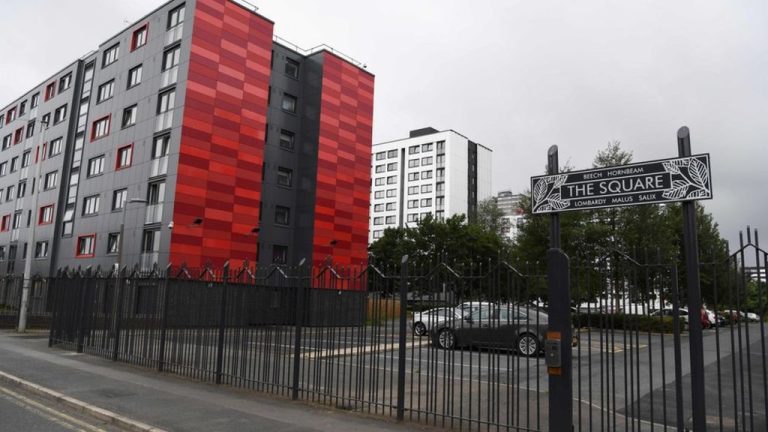New industry research suggests half a million people could be living in unsafe buildings With government support limited to one specific type of cladding, these residents could be left with excessive bills to make their homes safe Resident groups form an unprecedented coalition with managing agents and building owners to call on the new Chancellor to establish a fund to make these homes safe Following new evidence that the scale of the cladding crisis may affect up to half a million people, cladding campaigners, residents, property managers and the UK’s largest freeholders have formed an unprecedented coalition to request a multibillion-pound fund to remediate unsafe buildings. In an open letter to the new Chancellor, the group has called on the Government to step in following failures in the building safety regime that have dated back decades. Without support, leaseholders may be left having to pay the price, which is likely to run into the billions. The Association of Residential Managing Agents (ARMA), which represents the largest property managers in the country, has conducted an analysis of apartment buildings in the UK and found that over half a million people may be living in unsafe buildings that passed building control when they were built. Materials now deemed to be unsafe include High Pressure Laminate (HPL) – which has been found to be at least as flammable as the ACM cladding that was used on Grenfell Tower – but the Government’s existing fund is limited to ACM cladding. The freeholder signatories are coordinating remediation work on buildings with ACM cladding in every major city in the UK, but the process has revealed numerous additional safety issues and there are concerns that the cost of fixing these problems will fall on to residents unless the Government steps in. Given the scale of the task, the group is calling for a multibillion-pound, government-backed fund to be established so that these buildings can be made safe as soon as possible. Nigel Glen, Chief Executive Officer, The Association of Residential Managing Agents (ARMA) said: “The Grenfell tragedy highlighted the dangers of ACM cladding, but it has also revealed a much wider building safety crisis which could affect over half a million people. These buildings are being fixed by building owners and managing agents as quickly as possible but, without Government support, the process could take decades and leave leaseholders with life-changing bills on top of the anxiety that has already been caused.” Martin Boyd, Leasehold Knowledge Partnership said: “Nearly 1,000 days after the Grenfell tragedy there is a huge amount of worry among leaseholders that the problems are getting worse, not better. The government must help find solutions rather than just telling everyone these are complex problems.”







